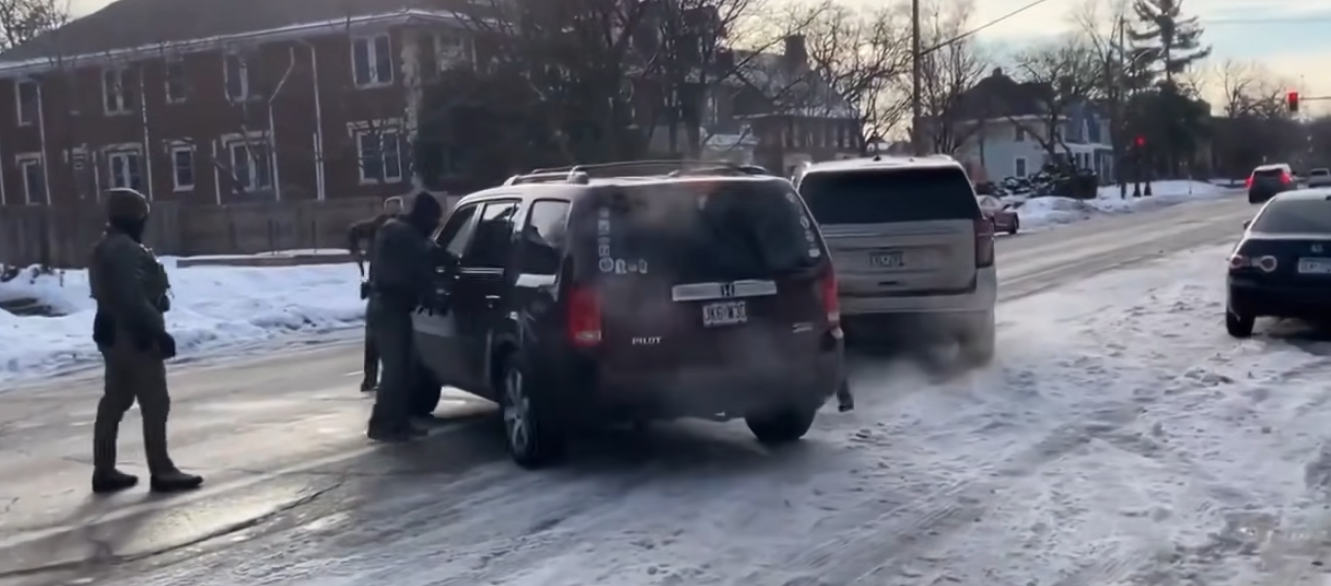Alderman Walter Burnett
The Chicago Housing Authority’s ambitious Plan for Transformation, begun in 2000, was meant to replace the city’s notorious public housing developments – including many violence-plagued, crumbling high rises – with vibrant mixed-income developments where former public housing residents could live.
But the housing authority has not fulfilled its promises to thousands of public housing residents as well as thousands of low-income Chicagoans seeking affordable housing through the Section 8 voucher program.
On July 29, aldermen re-introduced the Keeping the Promise ordinance, which demands significant progress and accountability measures from the housing authority. Twenty-three aldermen are sponsoring the measure, with backers demanding a vote in the housing and real estate committee so that it can advance to a full council vote. The ordinance was introduced last fall but did not progress before 2015 municipal elections that changed the makeup of city council.
“The CHA has broken many promises,” said Demetrice Davis, who was told she could get a new unit when she was displaced from the ABLA public housing project on the near west side, only to wait a decade before finally getting a home in a different development.
The CHA had promised that as it demolished most of the city’s public housing buildings, residents could move to 25,000 new or rehabbed units by 2010. But the plan is woefully behind schedule and those units won’t be completed until 2020 at the rate the CHA is going, as shown in an analysis by the Chicago Housing Initiative, a coalition of eight groups that work with low-income renters.
The Chicago Housing Initiative has been denouncing the fact that the CHA has about $440 million in surplus funds that are not being spent even as the lack of affordable housing is dire. The initiative notes that since deregulation of public housing, the CHA is not obligated to spend federal grants meant for replacement housing construction.
Since 2008 the CHA has left unspent between $54 million and $138 million each year. And it has not distributed more than 13,000 available vouchers for subsidized housing, which allow low-income families to rent apartments and pay only a third of their income toward rent.
The ordinance demands that the CHA use all available voucher funds and also reform the voucher program so that it reduces segregation and voucher holders have access to more desirable neighborhoods across the city. That move would be in keeping with the federal rule announced this month demanding cities develop plans to address segregation.
The ordinance also demands that the CHA replace one-for-one all public housing units subject to future redevelopments or conversions to mixed-income housing. An analysis by the initiative shows that at 11 high-profile CHA developments, less than half of the replacement units promised were actually built. And even the units promised were much fewer than the number of units demolished. For example the infamous Robert Taylor Homes used to include 4,415 units. The CHA promised 851 replacement units, but only 305 have been built, with 21 under construction.
For more please see Sjnnchicago.org
As public housing reform and other critical housing-related issues unfold in Chicago in coming months, Social Justice News Nexus Fellows will be there – part of our next cycle focused on housing, segregation and urban development. Applications for the fellowship are open through August 30.








